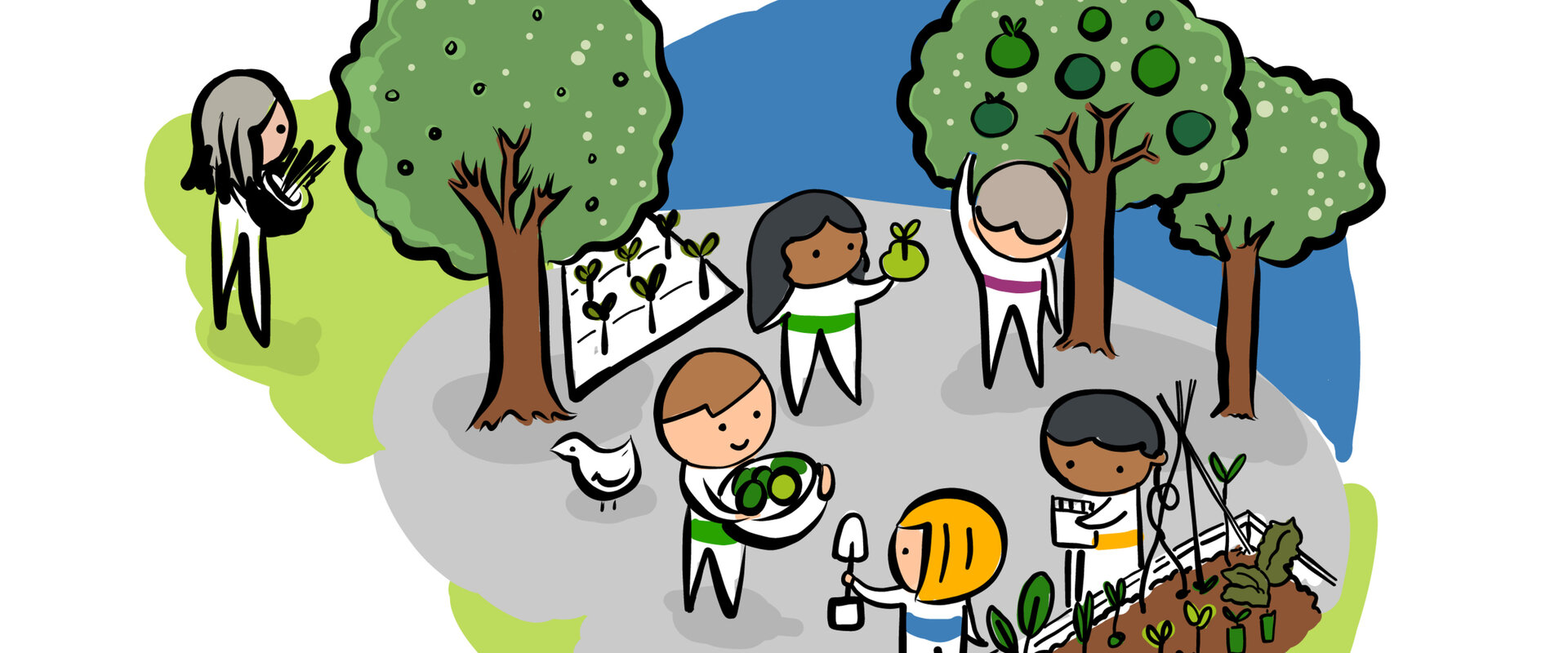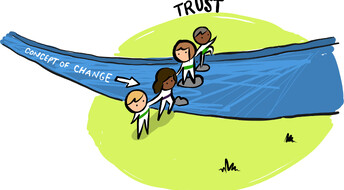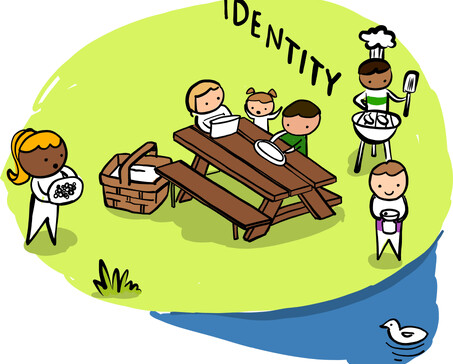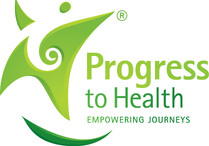How we work
When you come to Progress to Health,
you will have a conversation with one of our team members.
They'll help you to decide which service or services might be best for you to access.
Together you will create your individual plan.
Your community support facilitator will help you to monitor your progress and
review your goals as you need too. They will also help you access other organisations'
services or activities in the community.
Phone 0800 77 57 57 for more information or click here for a referral form Contact
What can I expect from Progress to Health?
At your first meeting with us, one of our friendly Community Support Facilitators will talk to you about what you're looking for and what you would like to achieve.
The support you receive will reflect what you are wanting to do and how you want to do it. Do you want to learn a new skill, or find a job? We'll help you decide which service or services might be best for you to access and together we'll create your individual plan.
Once you're working towards your goals, your Community Support Facilitator will help you monitor your progress and celebrate your successes along the way. Where it helps we will bring in other organisations to help you achieve your goals.
What if I need additional support?
If we're not able to assist you - for example you are wanting counselling or medical treatment, we will help you find it.
Where will I meet my Community Support Facilitator?
We have offices in Hamilton, Tokoroa and Taranaki, but most of the support you receive won't take place in an office - we'll meet you in the community at a place of your choosing where you feel comfortable, such as your home, or a nearby park, cafe or library.
When can I meet my Community Support Facilitator?
While we would normally support you during the day (8.30am - 5.00pm Monday to Friday) we may be available at other times if you have no other means of assistance.
Do I need a referral to use your service?
We welcome self referrals. Your G.P, other health professionals, other agencies, friends and whanau can refer you and/or seek help for themselves.
Call in to your nearest centre, phone 0800 77 57 57 to have a referral emailed or posted to you, or click on the contact us tab and complete the referral form there.
Options Service
Our Options Team assist people to develop their living skills and enjoy relationships with others.
With your goals in mind, we aim to contribute to your:- Active participation in activities in the community;
- Increased confidence, self-esteem, self-reliance and autonomy;
- Development and maintenance of work skills and routines;
- Greater stability of lifestyle;
- Increased social ‘connectedness’ and sense of belonging; and
- Fulfilment of self-expression in arts and creative/recreational pursuits.
Employment and Training Services
Our Employment and Training team specialise in supporting people to access training, employment and become more involved in their local communities. Our service includes support for people receiving assistance for Very High Needs.
Consumer Resource and Information (CRIS)
The recovery-orientated service is provided by people with personal experience . They understand the barriers and difficulties you may be trying to overcome.
We offer:
- up to date and accessible information, education and resources on recovery, harm reduction and how to get the best out of services;
- support to people to access services;
- development or maintenance of strong links with peer support networks and mental health services;
- access to Recovery Facilitators
LINKZ (Transition from School)
Our team works to provide an uninterrupted movement of disabled students in their last year of school into post-school education, employment and/or community services and activities and to ensure there is a coordinated plan implemented to assist the student with achieving their transition goals.
Education and Training
Our programs provide education for individuals and organisations.
Our Recovery Facilitators provide accessible, recovery-oriented resources, information, education and networks.
Recovery facilitators provide recovery training and planning to service users, service providers and other organisations wishing to support people living mental illness.
Working to reduce the stigma associated with mental illness and to reduce discrimination experienced by people with mental illness, our facilitators provide training to consumer groups, community agencies and other organisations wishing to address mental health within their environments.





